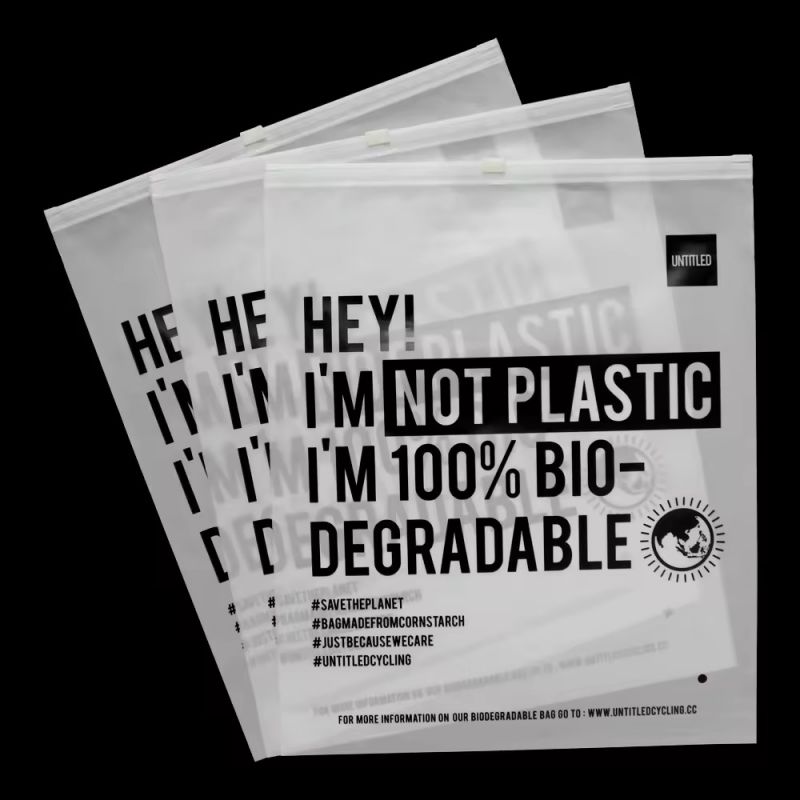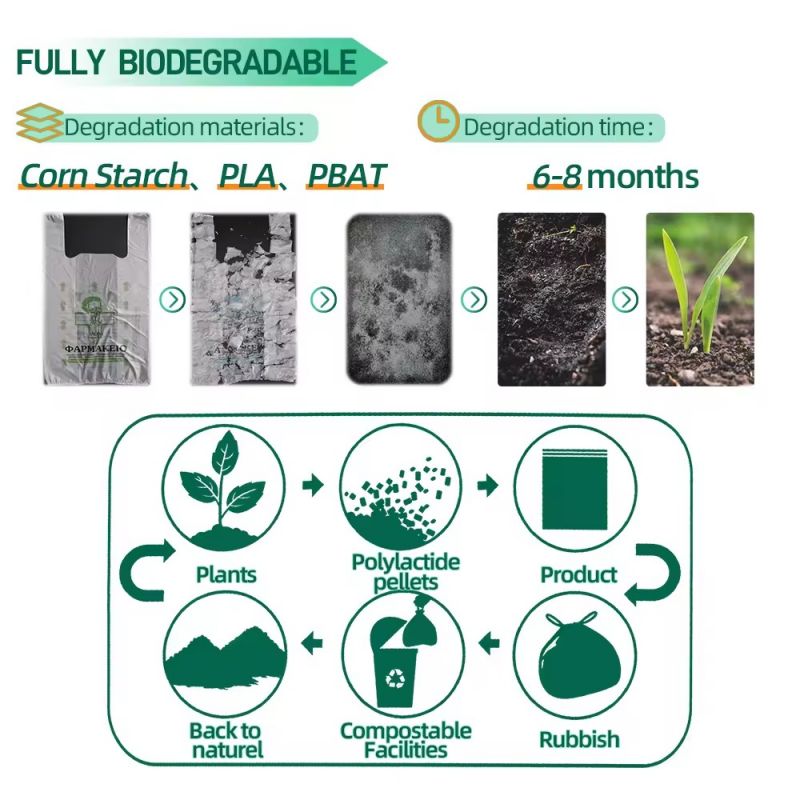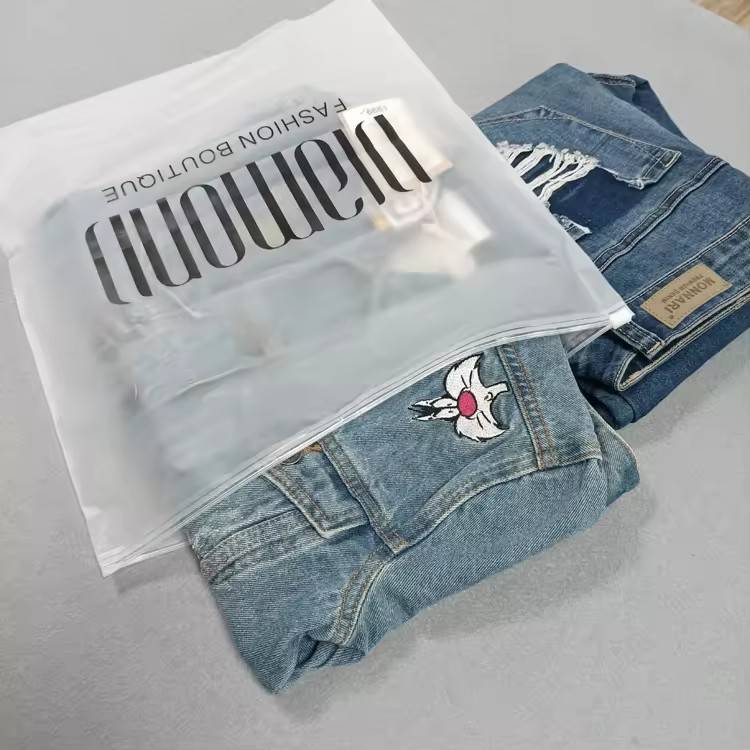Explore the Benefits of Fully Biodegradable Ziplock Bags
In today's environmentally conscious world, businesses and consumers alike are increasingly aware of the impact their choices have on the planet. The packaging industry, a significant contributor to waste, is experiencing a shift towards more sustainable options. One such innovation is the fully biodegradable ziplock bag, an eco-friendly alternative to traditional plastic packaging. This article delves into the advantages, applications, and future potential of these compostable zip bags, highlighting their role in shaping a greener future.

1. What Are Fully Biodegradable Ziplock Bags?
Fully biodegradable ziplock bags are made from natural or renewable materials that break down completely in the environment, leaving no harmful residues behind. Unlike conventional plastic bags, which can take hundreds of years to decompose, these bags degrade within a much shorter timeframe, often within months, depending on environmental conditions.
The materials used in these bags include polylactic acid (PLA), derived from corn starch, and other plant-based polymers. These materials are designed to mimic the properties of traditional plastic, providing durability and flexibility while being completely compostable.

2. Key Benefits of Fully Biodegradable Ziplock Bags
Environmental Impact: The primary advantage of biodegradable ziplock bags is their reduced environmental footprint. As they decompose naturally, they help decrease the volume of plastic waste in landfills and oceans, contributing to a healthier ecosystem.
Sustainability: These bags are often made from renewable resources, such as plants, which are replenishable and have a lower carbon footprint compared to petroleum-based plastics. This shift towards renewable materials supports global sustainability efforts and reduces reliance on fossil fuels.
Compliance with Regulations: With increasing government regulations aimed at reducing plastic waste, using biodegradable packaging can help businesses stay compliant with new laws and avoid penalties. Many regions are enacting bans or restrictions on single-use plastics, making biodegradable alternatives more attractive.
Brand Image and Consumer Appeal: Consumers are becoming more selective about the brands they support, often favoring those that demonstrate a commitment to sustainability. By adopting fully biodegradable ziplock bags, companies can enhance their brand image, appeal to eco-conscious customers, and differentiate themselves in a competitive market.
Versatility and Performance: Biodegradable ziplock bags offer the same level of performance as traditional plastic bags. They are durable, moisture-resistant, and can be resealed multiple times, making them suitable for various applications, from food storage to packaging clothing and other products.

3. Applications of Biodegradable Ziplock Bags
Compostable zip bags are versatile and can be used across numerous industries:
Food Packaging: Ideal for storing fresh produce, snacks, and other perishables, these bags keep food items fresh while minimizing environmental impact.
Clothing and Retail: Apparel brands can use biodegradable bags for packaging clothing, offering customers an eco-friendly option that aligns with their values.
E-commerce: Online retailers can leverage biodegradable ziplock bags for shipping products, providing an added value proposition to environmentally conscious consumers.
Healthcare: In the medical field, biodegradable bags can be used for packaging sterile products, ensuring safety while adhering to eco-friendly practices.
4. The Future of Biodegradable Packaging
As technology advances, the development of biodegradable materials is expected to continue improving, making them more accessible and cost-effective. The growing demand for sustainable packaging solutions is likely to drive innovation in this space, leading to new products that further reduce environmental impact.Moreover, as consumer awareness and regulatory pressures increase, more businesses will likely adopt biodegradable packaging as part of their corporate responsibility initiatives. This shift not only benefits the environment but also positions companies as leaders in sustainability, driving customer loyalty and long-term success.
Conclusion:
Fully compostable ziplock bags represent a significant step forward in the packaging industry's move towards sustainability. By offering a practical, eco-friendly alternative to traditional plastics, these bags help reduce waste, support environmental conservation, and meet the growing demand for green products. As the industry evolves, adopting biodegradable packaging will not only be a smart business decision but also a crucial contribution to protecting our planet for future generations.






